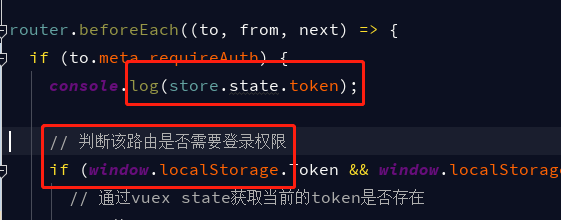If a server received a base64 string and wanted to check it\'s length before converting,, say it wanted to always permit the final byte array to be 16KB. How big could a 16KB byte array possibly become when converted to a Base64 string (assuming one byte per character)?
问题:
回答1:
Base64 encodes each set of three bytes into four bytes. In addition the output is padded to always be a multiple of four.
This means that the size of the base-64 representation of a string of size n is:
ceil(n / 3) * 4
So, for a 16kB array, the base-64 representation will be ceil(16*1024/3)*4 = 21848 bytes long ~= 21.8kB.
A rough approximation would be that the size of the data is increased to 4/3 of the original.
回答2:
From Wikipedia
Note that given an input of n bytes, the output will be (n + 2 - ((n + 2) % 3)) / 3 * 4 bytes long, so that the number of output bytes per input byte converges to 4 / 3 or 1.33333 for large n.
So 16kb * 4 / 3 gives very little over 21.3\' kb, or 21848 bytes, to be exact.
Hope this helps
回答3:
16kb is 131,072 bits. Base64 packs 24-bit buffers into four 6-bit characters apiece, so you would have 5,462 * 4 = 21,848 bytes.
回答4:
Since the question was about the worst possible increase, I must add that there are usually line breaks at around each 80 characters. This means that if you are saving base64 encoded data into a text file on Windows it will add 2 bytes, on Linux 1 byte for each line.
The increase from the actual encoding has been described above.


